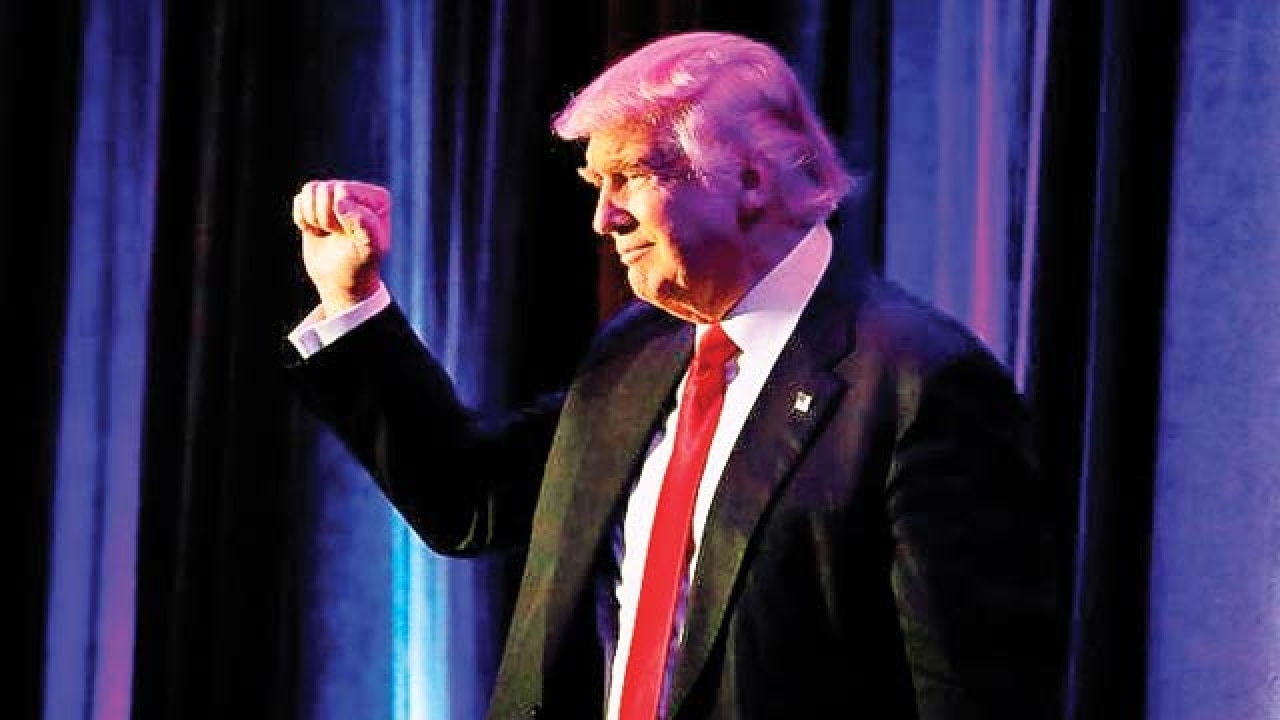
The impending visit of as many as 27 United States lawmakers to India in February may come as a relief for India in terms of improving trade opportunities. But the possibility of the US restricting its strategic presence in Asia is a matter of concern. Two separate bipartisan Congressional delegations, one comprising 19 members, and another with eight members, are visiting India, is a clear indication that the entire US establishment, including the Trump administration, is in favour of stronger ties with India. The visit will enable the Indian and American sides to chart out opportunities for greater engagement in defence, trade and anti-terror intelligence sharing. Of equal importance is the opportunity that the US side will get to study India’s political and democratic systems and institutions and gain a better cultural understanding of the Indian society. Such legislative outreach will go a long way in defending India’s position on key issues like outsourcing and H1B visas, on which the Trump administration is reportedly considering measures that may hamper India’s interests.
Nevertheless, the euphoria over the congressional visits must not overshadow the slipping US leverage over Asia, some of it deliberate, and the concurrent rise of China. The scrapping of the Trans-Pacific Partnership has robbed the US of a multilateral framework tying in countries like Japan that would have acted as a ‘pivot’ in Barack Obama’s words. In Afghanistan, Russia is spearheading a new axis comprising China, Pakistan and Iran to engage with the Taliban, which is an open challenge to the Ashraf Ghani government backed by the US and India. In the South China Sea, the US has fumbled for an appropriate response to increased Chinese aggressiveness.
Days after an ‘unintentional’ close encounter between US and Chinese military aircraft, China has warned Washington against challenging its sovereignty through sending naval patrols to disputed areas in the South China Sea.
The perception that India is now a close partner of the US has gained ground in Asia in recent years. Whether this will benefit or harm India in the long run remains to be seen.
However, India has done well to reserve its judgment on the first days of the Trump administration and the flurry of executive decisions he has signed. Foreign Secretary S Jaishankar’s exhortation to not ‘demonise’ Trump, but ‘analyse’ him signifies a clear-headed, pragmatic approach to engage constructively with the US president on both matters of convergence and divergence. Ranking Republican Senator Orion Hatch’s statement that Trump and he discussed the economic benefits of preserving and expanding the domestically contentious H1B programme, critical to the Indian information technology industry, and that he expected Trump to strengthen the programme, will put some of India’s worries at rest. With Prime Minister Narendra Modi slated to visit the US later this year, there are major areas like defence, climate change finance, conventional, solar and nuclear energy where the two countries can work together. India has also done well to strike out on its own to improve its relations with other Asian countries like China, Japan, Iran and Afghanistan, irrespective of Trump’s petulant blow-hot blow-cold actions and statements.